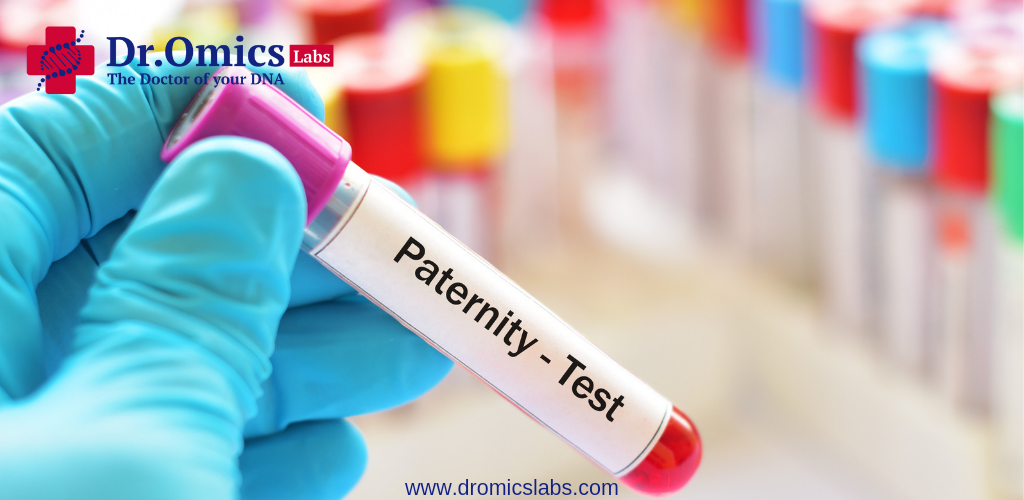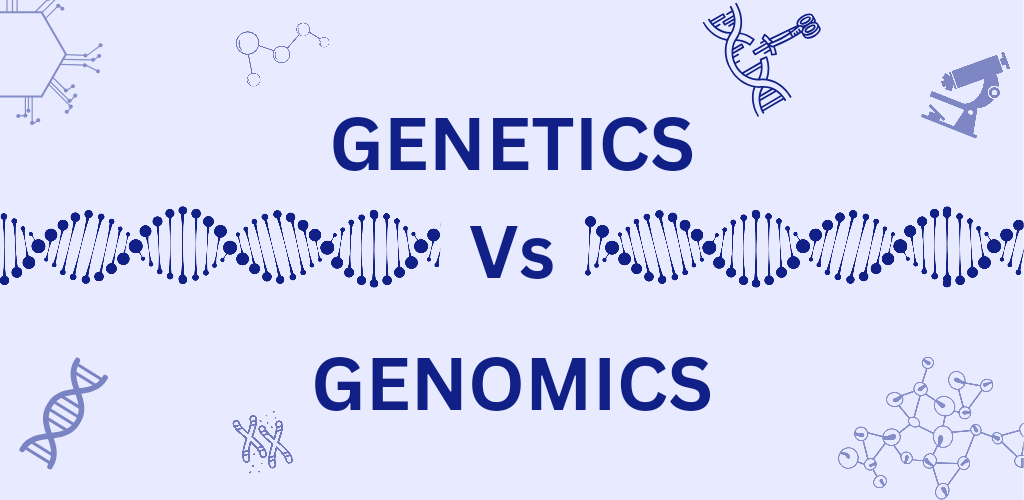Rethinking Treatment for the Brain: One Genome at a Time
Neurological and neurodegenerative disorders like Alzheimer’s, Parkinson’s, and Huntington’s have long resisted one-size-fits-all treatments. While some patients respond positively to a medication, others experience no benefit—or worse, adverse effects. The gap in therapeutic success is now being traced back to our genes. Neurology pharmacogenomics, a branch of precision medicine, is unlocking the genetic codes behind how individuals respond to drugs for brain-related conditions. With this advancement, treatments are no longer dictated solely by symptoms, but also by each patient’s unique genetic makeup (1).
By analyzing genetic and epigenetic markers, researchers are mapping how individuals metabolize drugs and how gene-environment interactions modulate disease progression. This new frontier is giving rise to personalized neurology medication, changing the way clinicians approach everything from symptom management to disease modification.
Genetic Clues Hidden in the Brain’s Blueprint
The brain is a complex organ, but over 80% of brain disorders are rooted in genetic abnormalities (3). These may involve mutations, polymorphisms, or epigenetic changes such as DNA methylation. Advances in next-generation sequencing (NGS) and genome-wide association studies (GWAS) have allowed scientists to identify specific genetic variants—like the APOE ε4 allele in Alzheimer’s or CYP2D6 polymorphisms in Parkinson’s—that directly affect drug metabolism and therapeutic efficacy (1).
When such variants are overlooked, treatment becomes a gamble. Some patients metabolize drugs too slowly, increasing the risk of toxicity, while others break them down too quickly, reducing their effectiveness. This is where a brain disorder drug response DNA test becomes pivotal. It reveals whether a patient is a poor, intermediate, or ultra-rapid metabolizer of specific medications, enabling a more informed prescription strategy.
The Methylation Factor: More Than Just Genes
Beyond DNA sequence lies another layer of control—epigenetics, specifically DNA methylation. This modification affects how genes are expressed without altering the genetic code itself. In a recent study, researchers discovered that patients with different methylation profiles responded differently to brain disorder treatments, even when taking the same medication (2).
Two groups of patients—one with increased 5-methylcytosine levels during treatment and one without—displayed distinct metabolic patterns based on their SNP profiles in genes like CYP1A2 and NAT2. The presence or absence of certain transporter gene polymorphisms (e.g., ABCB1, ABCC2) and pathogenic markers (e.g., APOE, PTGS2) further influenced outcomes. This suggests that treatment success in neurological diseases may rely just as much on methylation patterns as on DNA sequences.
Toward Personalized Neurology Medication
Traditional neurology relies heavily on generalized treatment algorithms. But patients are increasingly demanding answers to questions like: Why doesn’t this medication work for me? or Why did I experience severe side effects? In response, neurologists are beginning to adopt personalized neurology medication guided by genetic data.
Pharmacogenomics can now identify optimal drug dosages, reduce the risk of side effects, and even guide the selection of entirely different drug classes based on a patient’s genetic and epigenetic profile. For example, individuals with specific variants in the CYP2D6 gene may require lower doses of antipsychotics or antidepressants to avoid harmful effects. Conversely, fast metabolizers may need alternative drugs altogether to maintain efficacy (3).
Expanding Clinical Impact and Overcoming Challenges
Implementing pharmacogenomics into neurology isn’t without hurdles. Standardizing the interpretation of genetic data across hospitals, training physicians to use these insights, and ensuring patient data privacy are all pressing concerns (1). Nonetheless, the momentum is undeniable. Major academic centers and specialized clinics are now offering pharmacogenomics panels for neurological conditions as part of routine care.
Moreover, CRISPR-based studies and pharmacoepigenomics are helping unravel how epigenetic mechanisms contribute to drug response variability. As these technologies mature, the brain disorder drug response DNA test could become a first-line diagnostic tool in neurology, much like imaging or cognitive testing.
The Future: From Reactive to Predictive Neurology
The ultimate goal is not just better treatment—but earlier, more predictive intervention. By identifying genetic and epigenetic markers associated with disease susceptibility and drug response, clinicians can begin treatment before symptoms escalate or even before a full diagnosis is made. This transition from reactive to predictive care could drastically alter the landscape of neurological disease management.
Conditions like Alzheimer’s and Parkinson’s could be addressed years earlier using a combination of genomic risk scoring and early intervention strategies tailored through neurology pharmacogenomics. Already, drugs targeting specific molecular pathways, informed by pharmacogenomic insights, are being explored in clinical trials, holding promise for disease-modifying therapies.
Conclusion: Genes, the Brain, and a New Era of Precision
In the past, treating brain disorders involved navigating uncertainty, using trial and error to manage symptoms. But with the rise of personalized neurology medication and precise pharmacogenomic profiling, this era is ending. We now have the tools to match the right patient to the right drug at the right time, reducing failure rates and side effects.
The road ahead includes refining diagnostic accuracy, educating clinicians, and making these tests widely accessible. But the direction is clear: neurology is moving toward a future where treatment begins not just in the clinic, but in the genome.
References:
- Ahmad, S. R., Zeyaullah, M., Khan, M. S., AlShahrani, A. M., Altijani, A. a. G., Ali, H., Dawria, A., Mohieldin, A., Alam, M. S., & Mohamed, A. O. A. (2024). Pharmacogenomics for neurodegenerative disorders – a focused review. Frontiers in Pharmacology, 15. https://doi.org/10.3389/fphar.2024.1478964
- Martínez-Iglesias, O., Naidoo, V., Carrera, I., Carril, J. C., Cacabelos, N., & Cacabelos, R. (2023). Influence of metabolic, transporter, and pathogenic genes on pharmacogenetics and DNA methylation in neurological disorders. Biology, 12(9), 1156. https://doi.org/10.3390/biology12091156
- Griñán-Ferré, C., Bellver-Sanchis, A., Guerrero, A., & Pallàs, M. (2024). Advancing personalized medicine in neurodegenerative diseases: The role of epigenetics and pharmacoepigenomics in pharmacotherapy. Pharmacological Research, 205, 107247. https://doi.org/10.1016/j.phrs.2024.107247
- Alamri, W. a. S., Algarni, K. A., Alqurashi, M. a. H., Althobaiti, M. S. B., Alghamdi, A. A., & Alharthi, A. S. (2022). PHARMACOGENOMICS: PERSONALIZED MEDICINE BASED ON GENETIC FACTORS. Journal of Population Therapeutics and Clinical Pharmacology. https://doi.org/10.53555/jptcp.v29i04.5669




